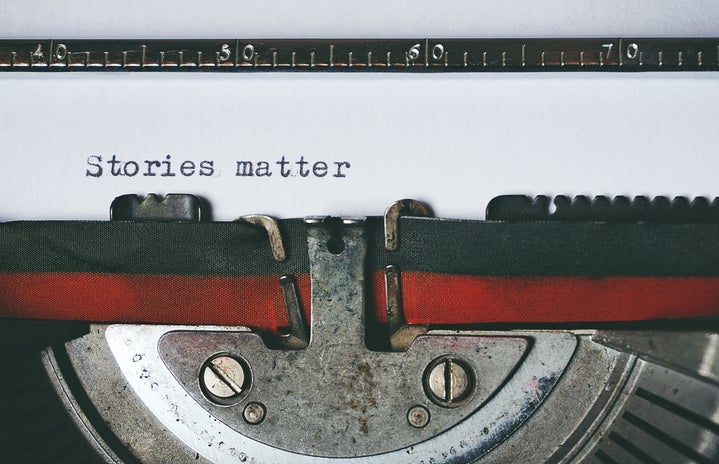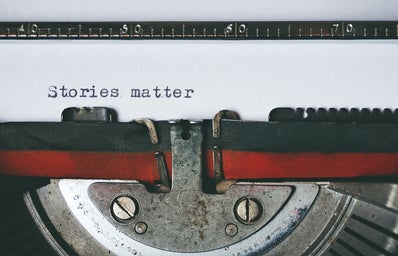There is a special place in history for the people who make it easier for future generations to learn about themselves in an incredible way. There is a special place in history for the women who have found the perfect words to convey what so many people experience every day. To me, as a student and woman of color, Professor Kimberlé Crenshaw has and will always have an extraordinary place in history and in academia.
Kimberlé Williams Crenshaw is an American scholar, writer, and activist, who is an expert in a wide variety of academic studies including family, gender, sexuality, social justice and human rights. She is an honored and valued Professor of Law at Columbia Law School and at UCLA Law, where she teaches students from her many perspectives of specialty, such as Constitutional Law, Civil Rights, Critical Race Theory, Intersectionality, Feminism and Law. More than classroom teaching, Crenshaw is a regular contributing writer for “The New Republic,” “The Nation,” and “Ms.,” and also provides commentary for media outlets, including MSNBC and NPR. She hosts the podcast “Intersectionality Matters!,” and then in between that and her frequent speaking engagements, training sessions, and town halls, Crenshaw has found the time to facilitate workshops for human rights activists in Brazil and in India – and later for constitutional court judges in South Africa. More than just a professor of law and ideology, she also holds a position on the Committee on Law and Justice of the National Academies of Science. A woman of a million talents; her strongest, I argue, are her voice, her curiosity and her way with words.
Crenshaw’s pen and voice, through ways of influence (and Ted Talk), have transformed the way students and people everywhere pursue tackling the systems of oppression and degradation that bury us.
#SayHerName is an active and increasingly popular campaign that was launched by Crenshaw and the Columbia Law School African American Policy Forum (AAPF), a forum that Crenshaw co-founded. At the same time, they authored the book “Say Her Name: Resisting Police Brutality Against Black Women,” the purpose being to call attention to police violence against Black women and girls. This hashtag, slogan and intention have spread far and wide into households and communities, giving Black women and girls who have been victimized by violence a chance to be remembered, and those who haven’t a way to loudly fight back against police brutality and the countless systems of oppression that control their day-to-day. Before #SayHerName, the lives of Black women and girls disappeared into the masses of “Black people” or “Black men,” when their gender in fact did make their experience in society different than non-women and girls.
“It’s not simply yhat there’s a race problem here, a gender problem here, and a class or LGBTQ problem there.”
Kimberlé Crenshaw
Perhaps more famously known by Kimberlé Crenshaw is the term “intersectionality” that was coined in 1989 to describe the point in which power (or the lack thereof) intersect and interlock with one another, creating unique societal, cultural, financial, and ideological experiences for an individual. Crenshaw has stated further, “It’s not simply that there’s a race problem here, a gender problem here, and a class or LBGTQ problem there. Many times that framework erases what happens to people who are subject to all of these things” (2017). All of these factors of identity that make us who we are–our race, our ethnicity, our gender, our class, our sexuality, our age –they each come with a specific way in which society will treat us, view us, and respect us. It was Crenshaw’s description of these intersections that opened a whole new world in academia, in the way that we are taught to examine our histories, our politics, and our futures. In the United States, “We the People” means white, Anglo, cis-male, property-owning, straight, middle-aged-to-old-men. The economy, politics and society of the United States were created to and still function solely to benefit and profit those people; the systems of racism, sexism, homophobia, xenophobia function to keep the rest of us exploited.
Intersectionality gave me the words to match my feelings of being in limbo, allowing me the space to grasp the magnitude of what I had always experienced. In a room full of women, which I am a lot of the time (luckily for me) I am still more than likely one of the few women of color, and of those women of color, I am likely one of the only, if not the only, Chicana. In a room full of people of Mexican descent, I am likely one of the very few women. In a room full of professionals, I am likely to have the lowest income or be the youngest. All of these lines that were completely blurred to me as a child, became clear as I began to explore the idea of intersectionality, and the discovery of self and the world that came with it. Feelings of never being adequately heard in a room I am speaking in, feelings of being heard but vastly misunderstood, and feelings of being overlooked, underestimated, overworked, and under-compensated.
“We try to take ideas and make them into hands-on tools that advocates and communites can use.”
Kimberlé Crenshaw
“We try to take ideas and make them into hands-on tools that advocates and communities can use,” (2017). This is the point, according to Kimberlé Crenshaw, of doing all of this rigorous, heart-wrenching academic research and work; to make it easier for people like me who are of multiple intersections, to understand the colonized capitalist world we live in and where exactly we belong within it. These self-discoveries, through insightful words like “intersectionality,” are tools that we need to use to decolonize and dismantle the oppressive systems that control and terrorize the lives of Black women and girls, Latina women and girls, Indigenous women and girls, transgender people of color, as well as their children, their brothers, and their fathers. Once we collectively understand the everlasting experiences, unique to each individual, we not only will be able to understand ourselves, but we will also be able to understand, together, the best ways to move us forward sustainably.


